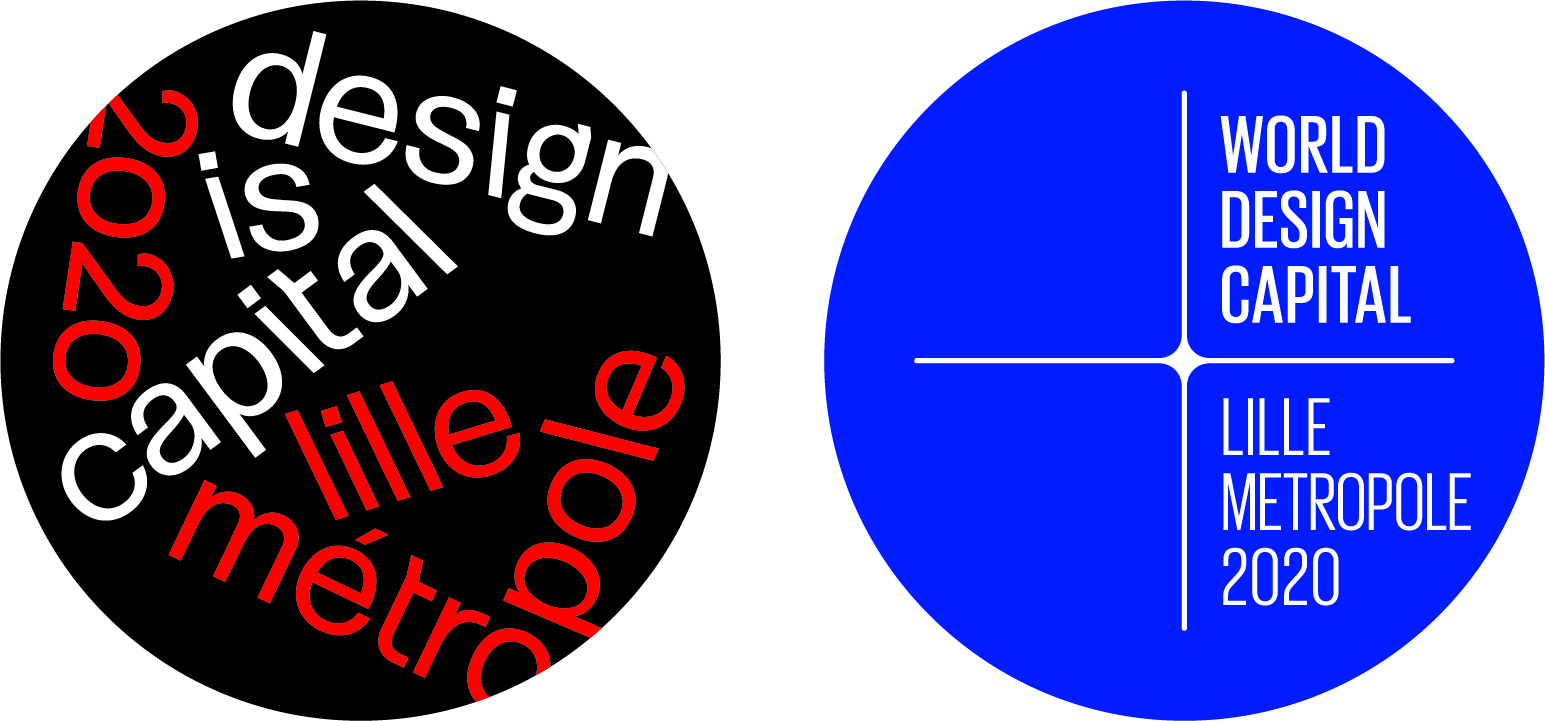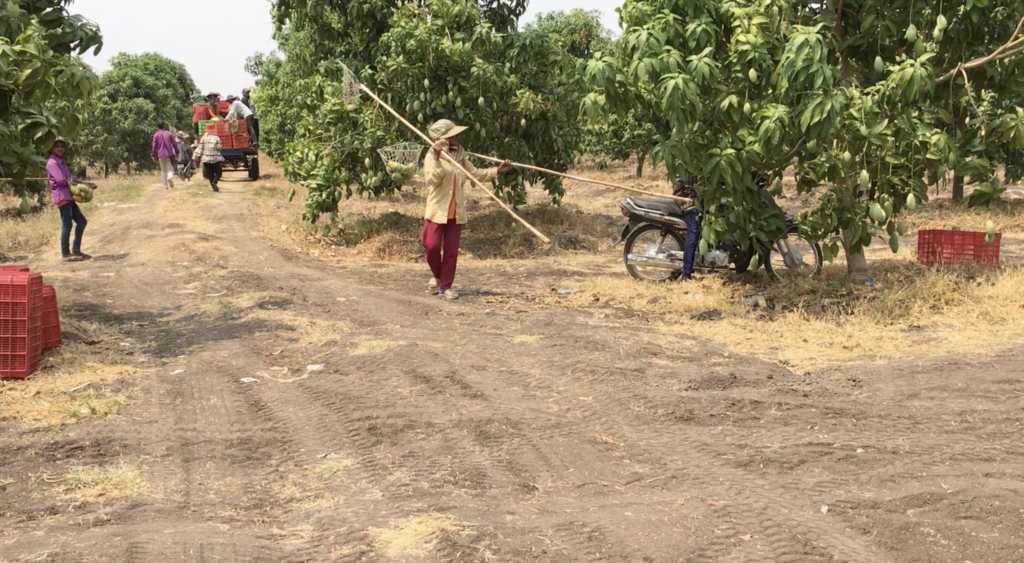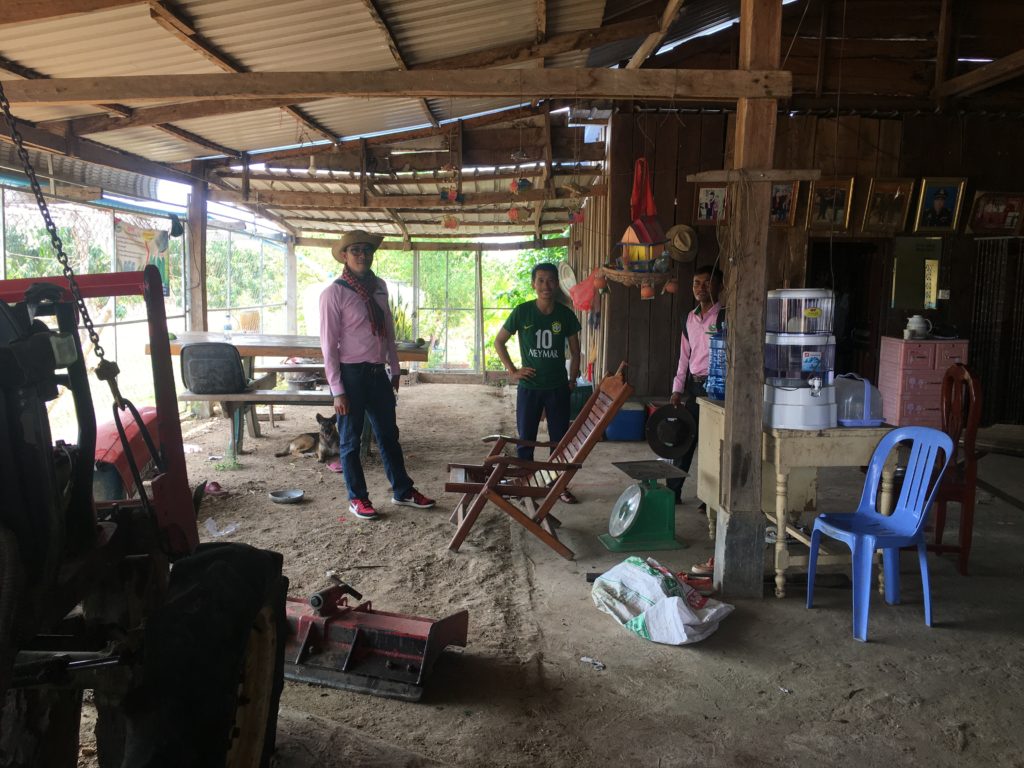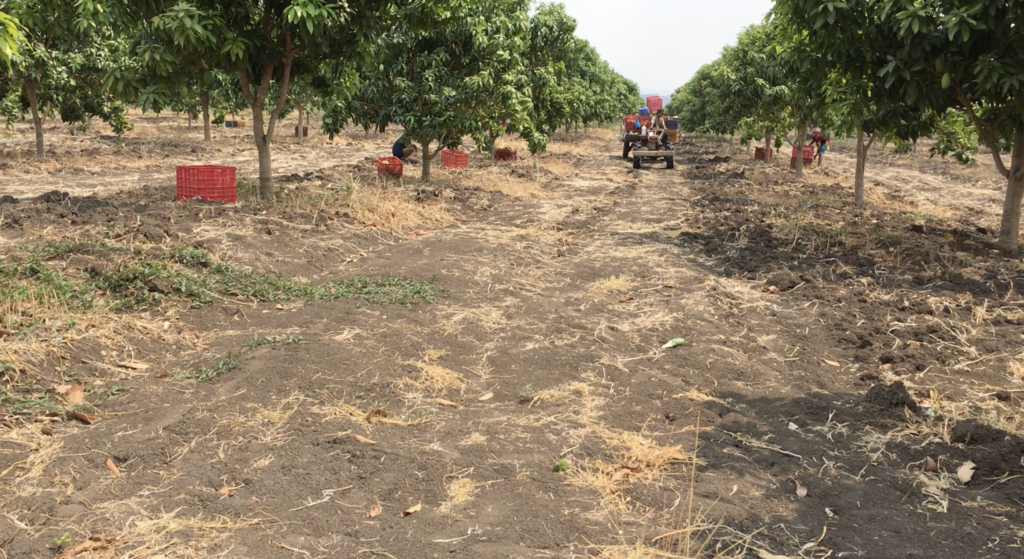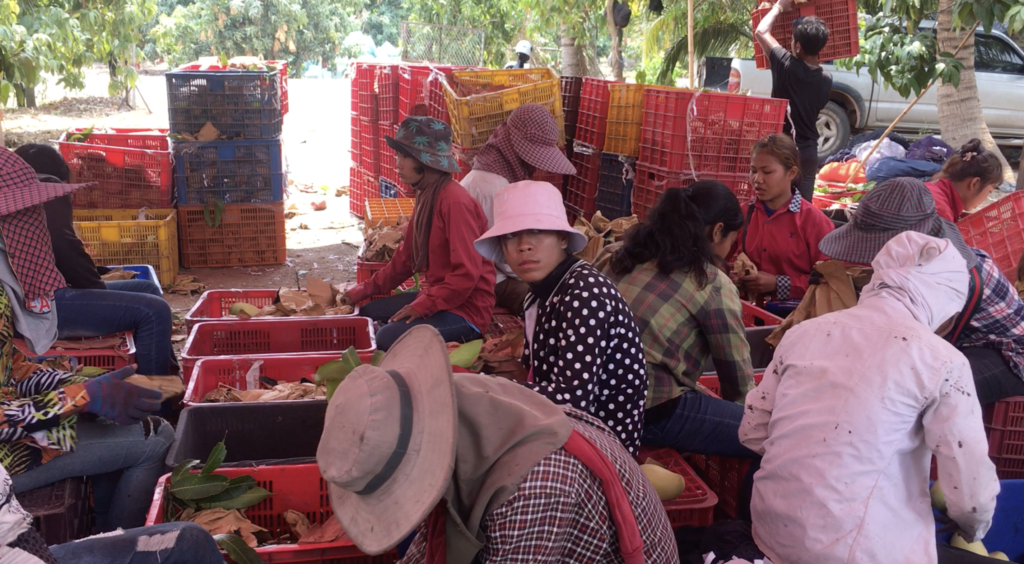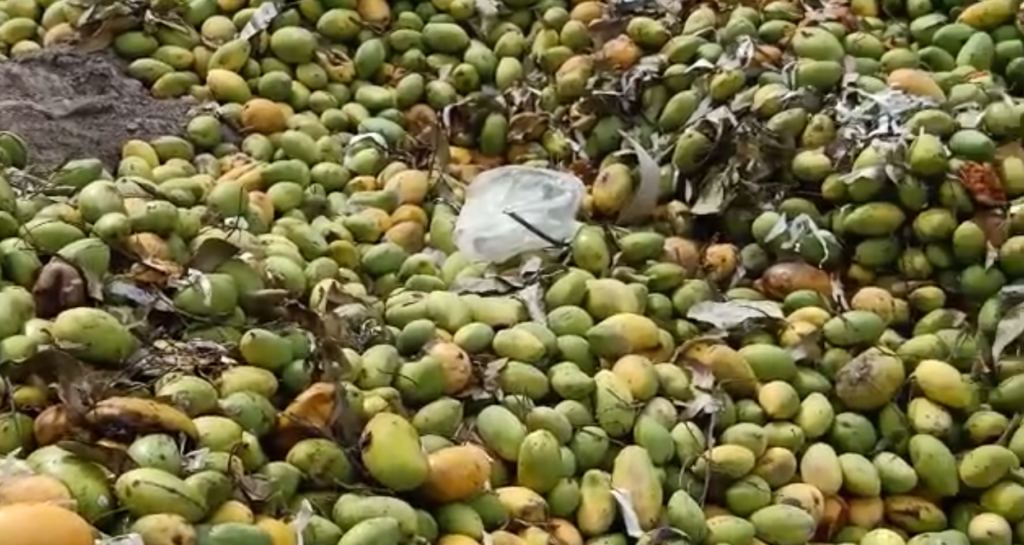POC Collective Food Collaboration, Hong Kong- CN
Vulnerable food systems
What to think about the naturally nutritious farm products found in stores, or the opposite, spoiled fruit turned to waste in landfills? Covid-19 revealed the fragility of our global fresh food supply chain and the need to rethink local farms, in order to build resilient food systems: to save food supply and feed people.
Design out waste
How about we transform vulnerable fresh produce into preserved food alternatives in the farm? In a way that retains the natural nutritious value of the food. In developing countries around 70% of all food waste happens within farms.
In the words of Lancet’s commission’s 2019 report, radical change is urgently needed in our food system. Covid-19 stressed this need with the closure of national borders, factories and routes to retail stores, leaving fresh foods locked down. A lot of fresh produce was dumped, or at best returned to the soil. 40% of all food grown is estimated to have gone to waste. Many small farmers are now unable or unwilling to continue to grow food, since, economically speaking, it makes no sense to do so.Whereas in cities, food demand continues to grow.
Collective food collaboration
The project, aimed to improve resilience within food systems, starts in a farm in South East Asia. It’s a collaboration between multiple stakeholders, bringing together different kinds of expertise across the food supply chain, going from local to regional. Using a design-led process, diverse stakeholders come together to co-create culturally relevant and economically viable solutions, such as One Earth Designs’ SolSource Solar Cooker or Solar Green-house Dryers, which build both knowledge and capabilities. The project explores the role of technology as a way to support farmers, their communities, the growth of quality food and healthy relationships within the food chain.
Introducing small processing capabilities into communities and connecting diverse food sources with retailers can improve the quality of food reaching our cities and, most importantly, the quality of life for local communities responsible for these food sources. Furthermore, it has the potential to remove food waste at the farm level and regenerate soils for continued growth.
This project builds collaborations, expertise, experiments and knowledge, through a design approach, in order to improve local activity and its connectivity to allow the flow of nutritious food from the farm to the city.
- Porteurs de projet/Project holders :Hong Kong Polytechnic University School ofDesign, FOF – Future of Farming(start-up agrotechnique/ agri-tech start-up)
- Designers :Susan Evans, Toby Overmaat, Chris Ou
- Acteurs/Stakeholders : Royal Kep Farm Cambodia, The Royal AgriculturalUniversity Phnom Penh, Department of Agricultural LandResources Management- General Directorate of Agriculture, et de nombreux autres représentants d’entreprises locales/ andmany otherlocalbusinessrepresentatives
